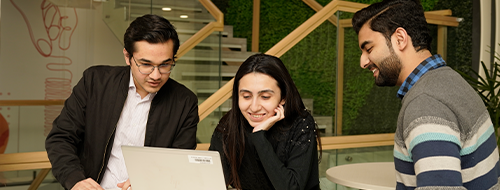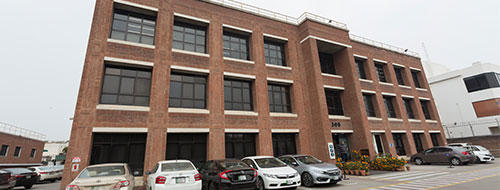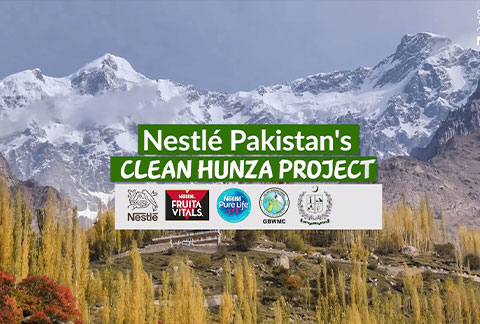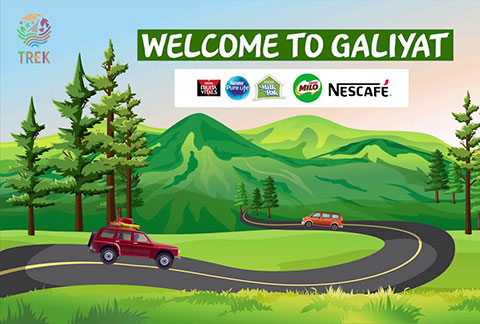Sustainable Packaging

Packaging plays an important role in safely delivering high quality food and drinks to consumers, and in reducing food loss and waste. However, we realize that these essential requirements should not come at the expense of the planet. That’s why we are continually developing more sustainable packaging and are committed to reducing waste from packaging.
With plastic waste continuing to accumulate in landfills and in our oceans, endangering wildlife, tackling plastic pollution has never been so pressing. It is an urgent priority for us and a responsibility we take seriously.
We are accelerating our actions to tackle the plastic waste problem and are committed to making a significant difference everywhere we operate. We are making progress but there is much more to come. We want to be a leader in this space.
Our Vision and Commitments:
In January 2019, we set out our broader vision for a waste-free future and announced a series of specific actions to meet our commitment.
Our vision is that none of our packaging, including plastics, ends up in landfill or as litter, including in oceans, lakes or rivers. Our vision is not just some lofty ideal - we are working hard to deliver on it and help to achieve a waste-free future.
We are committed to our vision that none of our packaging ends up in a landfill or as litter and that above 95% of our packaging will be designed for recycling by 2025. We are committed to making 100% of our packaging recyclable. Another commitment is to reduce virgin plastic use by one-third by 2025.
Packaging Transformation
We are transforming our packaging by accelerating the development of innovative packaging solutions. Our packaging innovations and renovations will help us improve the design for recycling and our overall environmental performance.
As we deploy new solutions, we will never compromise the health of our consumers. Plastic packaging plays an important role in safely delivering food and drinks to consumers and reducing food loss and waste, so we need to carefully consider alternatives before making changes. The safety and quality of our foods and beverages are non-negotiable.
-
Designed for Recycling Packaging We are also phasing out materials that are not recyclable or are hard to recycle. We are investing more in the development of mono-material packaging, as well as alternative materials. As of 2022, over 84% of Nestlé Pakistan’s packaging is designed for recycling.
-
Reducing Virgin Plastics While we are pursuing recycling options where feasible, we know that 100% recyclability might not be enough to tackle the plastics waste problem. That is why we aim to reduce our use of virgin plastics by one-third by 2025.
We are eliminating unnecessary packaging and shifting to alternative materials, wherever possible.
-
Shifting to Paper In order to improve the environmental performance of our packaging, we introduced paper straws across our entire ready-to-drink product range. This makes Nestlé Pakistan the first food and beverage company in Pakistan to do so. The initiative marked a breakthrough in our sustainable packaging transformation journey and has eliminated over 400 million plastic straws each year.
Waste-Free Future
Working towards our vision of a waste-free future, we have partnered with external organizations for projects that increase the volume of packaging waste that is collected and recycled. Another important aspect of our projects is to drive new behavior by creating awareness amongst society about everyone’s role in helping tackle plastic waste – from industry to the consumers, from packaging manufacturers to the government. Here are some of the projects we are doing to do our bit.
-
100% Recyclable or reusable packaging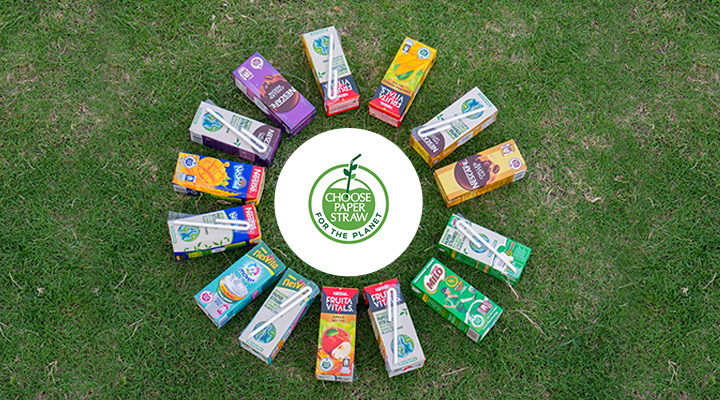
-
1/3 Reduction is use of virgin plastics
In Commitment With

